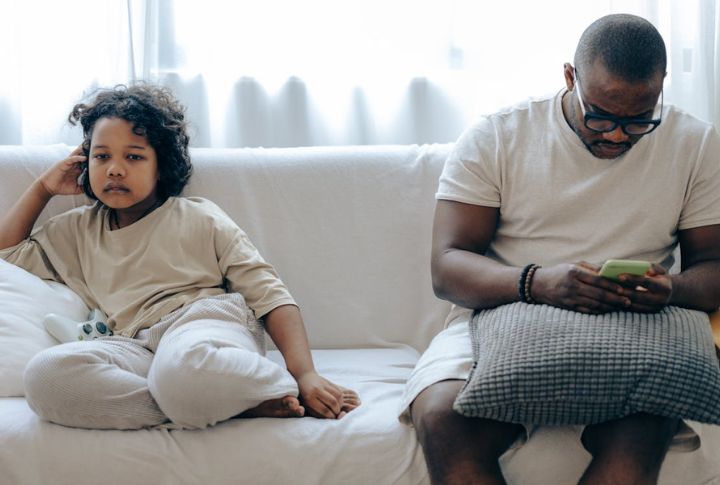Lifestyle
10 Habits Kids Learn Just By Watching Adults

You don’t need a classroom to shape a kid’s behavior. Just living around adults is enough. Kids copy what they see—the good and the bad. Even when no one is trying to teach anything, they’re learning something. This article looks at ten daily habits children naturally learn by simply observing the adults around them.
Your Reactions To Stressful Situations

Have you ever sighed loudly after a long day? If yes, chances are your child might do the same when homework feels tough. Because they watch how we handle problems, they copy our reactions. Even subtle things like clenched jaws or heavy breathing send strong messages.
How You Treat Service Workers

Holding the door, saying thanks, or showing patience—your small gestures toward service workers stick with your child. They observe how you interact and learn what respect looks like without needing a lesson. Over time, being kind just feels like the normal thing to do.
Your Use Of Digital Devices

Swapping one glance at the phone for eye contact makes a huge difference. At family dinner, if your phone’s in your hand more than your fork, your child will notice. Not only do they pick up habits like scrolling during meals, but they also mirror how you split your attention.
How You React To Making Mistakes

Say “I’m so dumb” after dropping something, and you might hear your child say it after spilling juice. However, when you calmly fix your own mess-ups, they learn it’s okay to make mistakes. That response helps shape their inner voice. A cheerful “oops” can set the tone for self-kindness.
Your Tone During Arguments

Try practicing a calm voice; it’s contagious in the best way. One heated moment can stick with your child more than you think. For instance, even if your words aren’t harsh, the volume or tone might still cause stress. Before long, they may raise their voice when upset, too.
How You Handle Money

Kids don’t need a money talk to learn about it—they learn by watching. They see how you react to bills, what you prioritize, and how you plan. Choosing to save or shop smart doesn’t go unnoticed. It quietly shapes how they’ll handle money later.
Your Attitude Toward Your Body

You might think no one hears when you call yourself “fat” in the mirror. However, your child might pick up on it and may start judging themselves as well. On the flip side, when you speak kindly about your body, they learn to appreciate and improve their self-image.
Your Approach To Chores And Responsibility

Kids pick up on your attitude more than you think. Complain about chores, and they’ll start seeing them as a burden. But when you approach tasks with energy—or even a smile—they begin to view responsibility as something worth showing up for, not just getting through.
What You Laugh At

What makes you laugh helps shape what your child finds funny. They notice the silly stuff, but they also catch the jokes that cross a line. If unkind teasing earns a laugh, they might grow to see cruelty as a form of entertainment, not harm.
How You Talk About Others Behind Their Backs

Kids hear more than we realize, and those little moments model how they might speak about others. Sometimes, a quiet complaint or whispered comment feels harmless. But gradually, this shapes how they gossip, judge, or extend grace.

